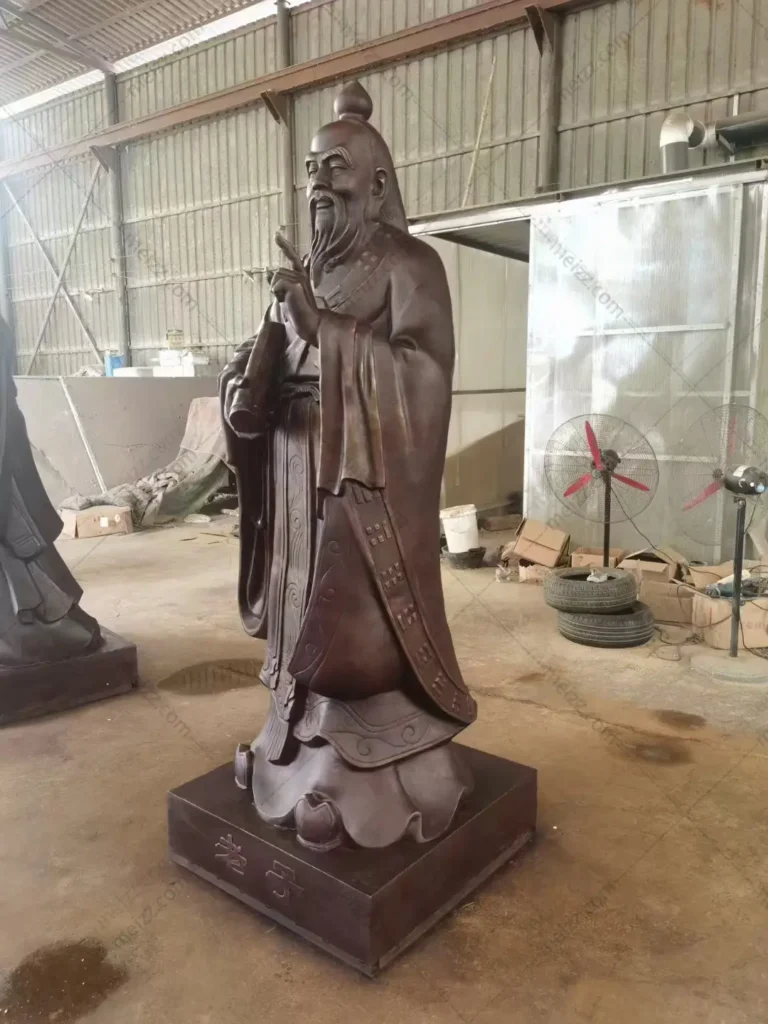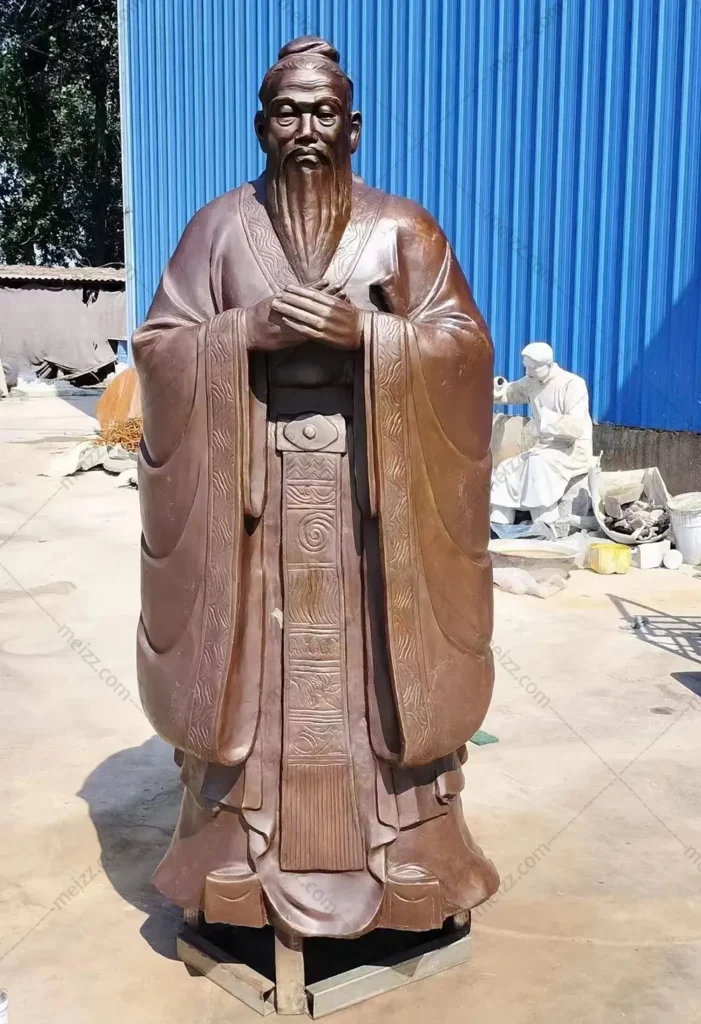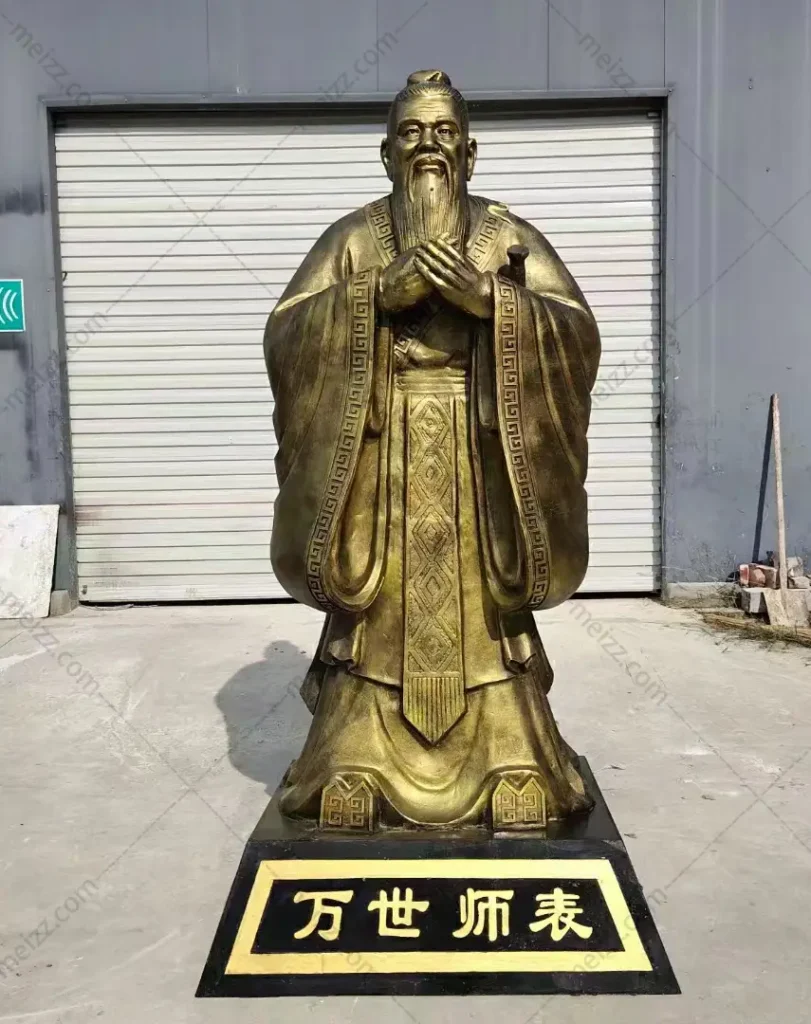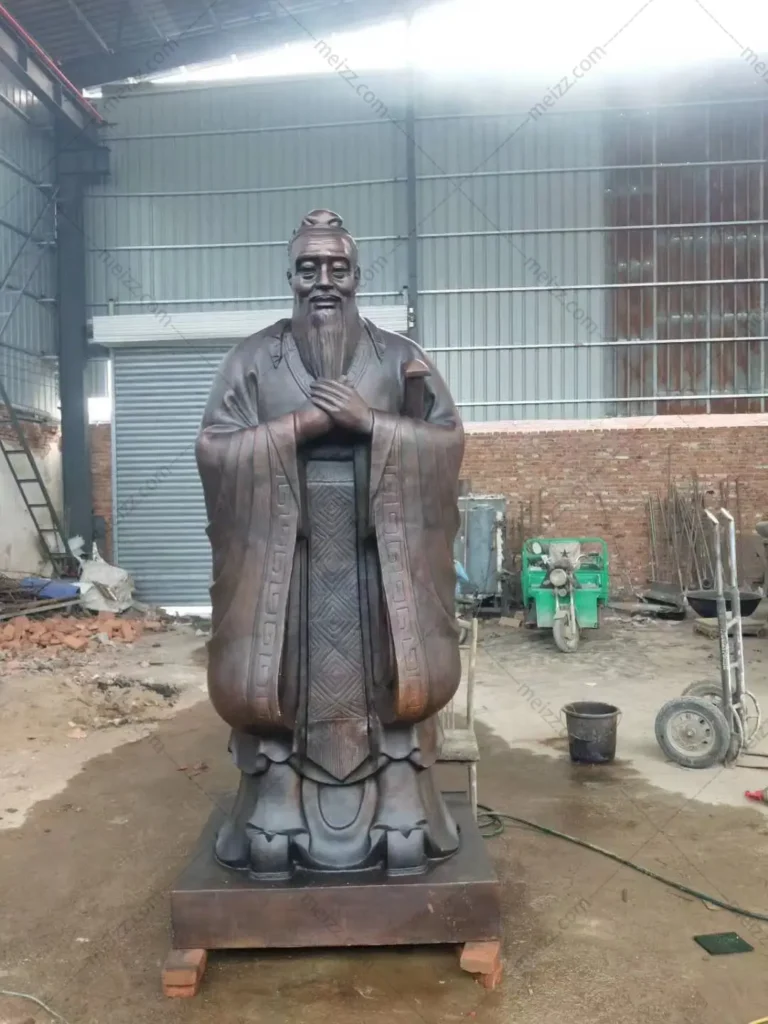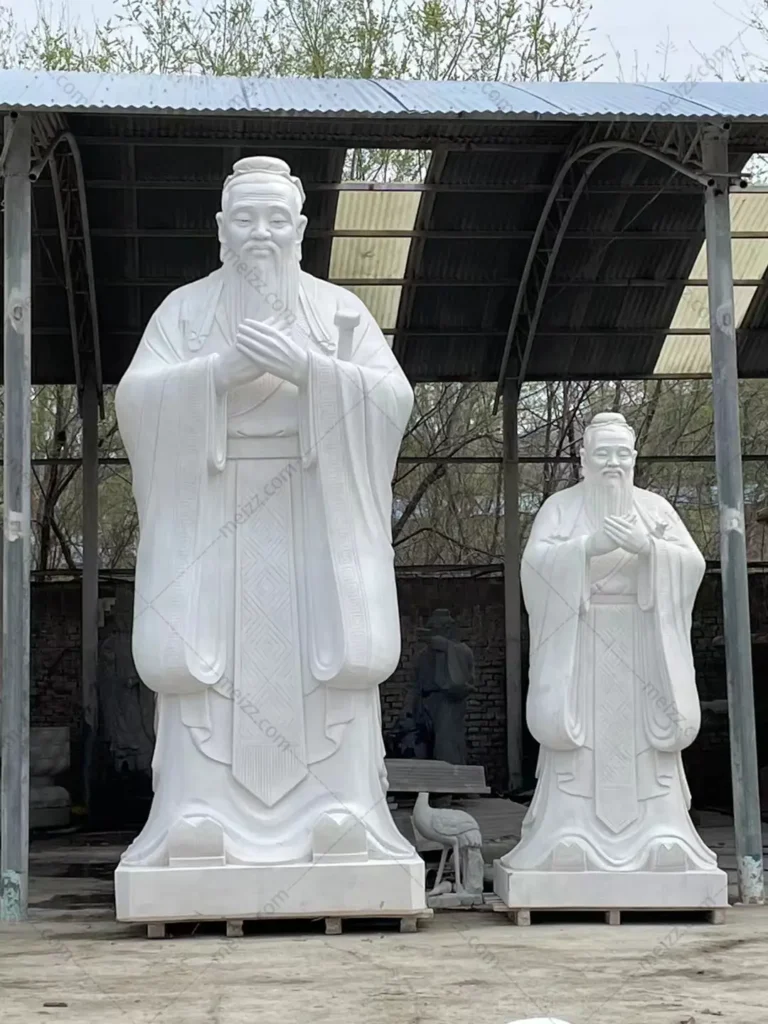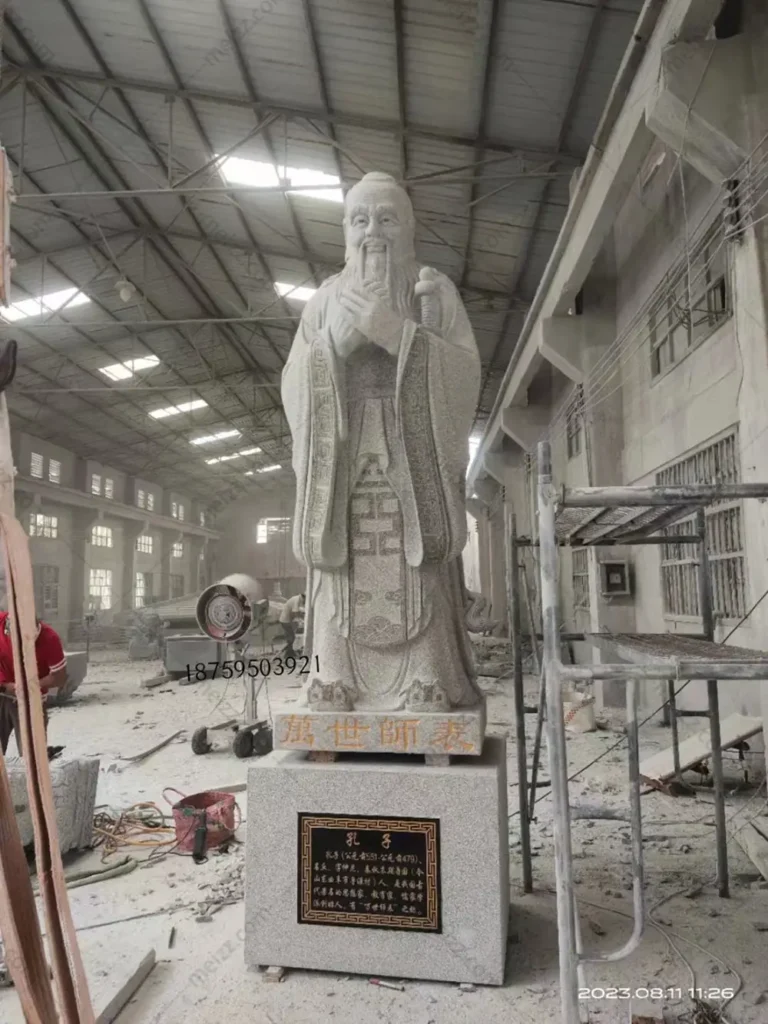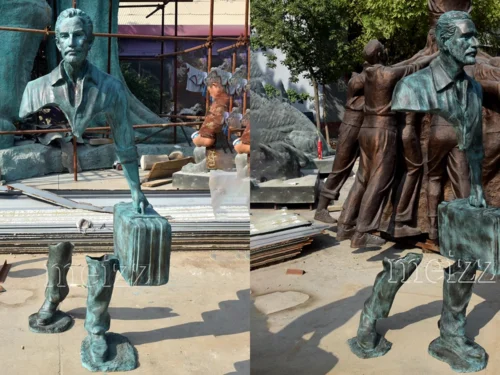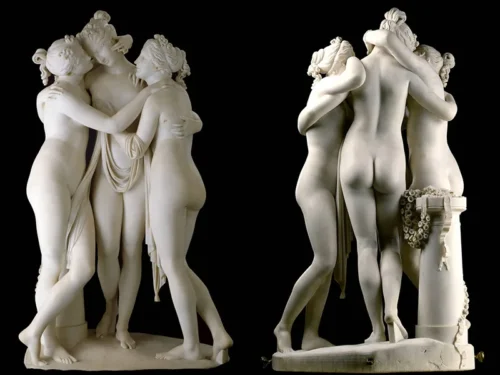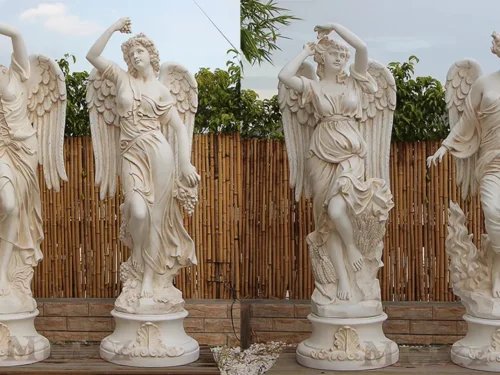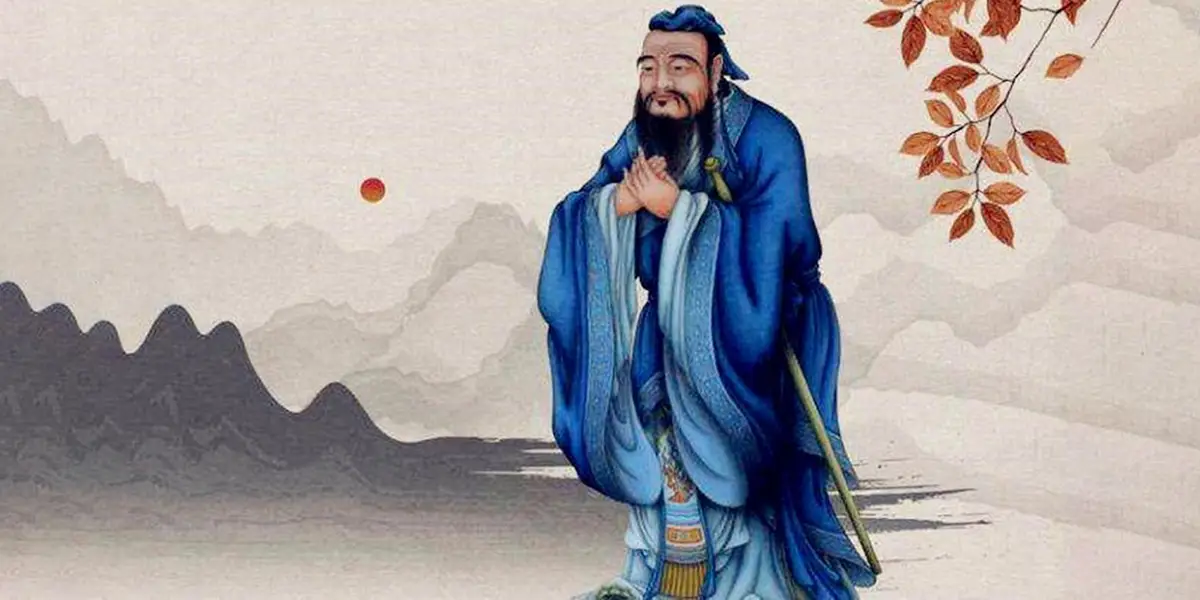
Confucius (551-479 BC), also known as best of confucius, was a great philosopher, educator, and founder of the Confucian school in ancient China. He lived during the Spring and Autumn period and was a pivotal figure in Chinese cultural traditions. Confucius’ thoughts have had a profound impact on Chinese society, and Confucianism has become an important component of ancient Chinese culture.
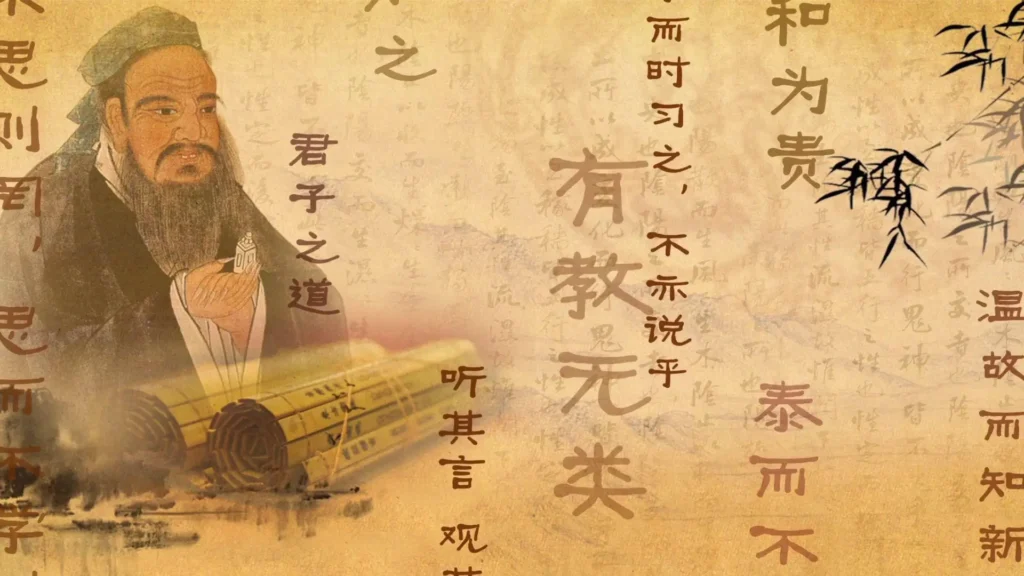
The Life and Background of Confucius
Best of confucius was born in the state of Lu, and his family was not wealthy, but he demonstrated outstanding knowledge and character. In his youth, he pursued high moral character and sought to cultivate his character by studying classic literature and etiquette diligently. He once served in various local governments, but due to his political beliefs not matching those of the rulers at that time, he went through multiple exile experiences. Despite experiencing various setbacks, he adhered to his beliefs in benevolence, etiquette, and morality, and passed on these values to future generations.
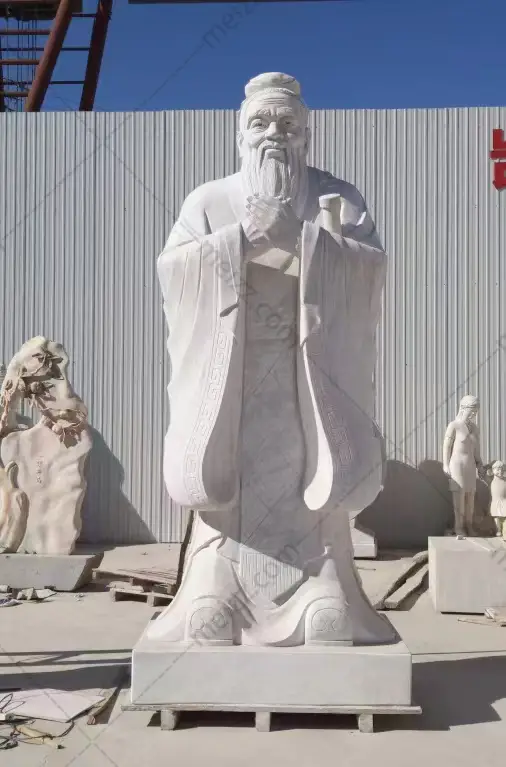
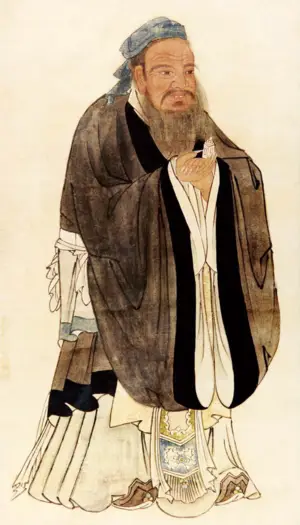
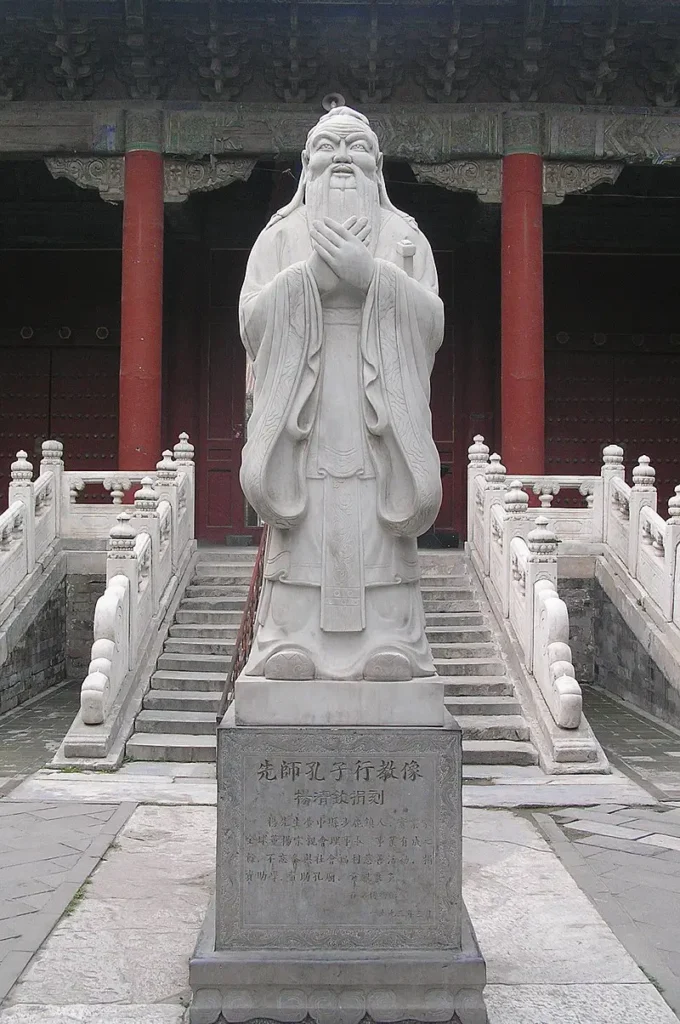
About Confucius Philosophy
- Benevolence and ethical relationships:
Confucius’ philosophy revolves around benevolence and love. He emphasized that individuals should pursue noble character and build good interpersonal relationships through kindness. Kindness is not only reflected in caring for others, but also in the pursuit of personal cultivation and improvement. He believed that by cultivating individual virtue, a harmonious society can be established.
- Etiquette and ethical standards:
Confucius valued etiquette and believed it to be the cornerstone of social order. He advocates regulating behavior by following traditional etiquette, emphasizing individual responsibilities and obligations in society. Etiquette is not only a form in Confucius’ thought, but also an inherent moral principle.
- Gentlemen and villains:
Best of confucius proposed the concepts of “gentleman” and “petty person”. A gentleman represents a person of virtue and cultivation in his thoughts, possessing noble moral qualities. On the contrary, villains are people who lack moral standards and cultivation. Through the pursuit of the standards of a gentleman, Confucius advocated a moral and ethical system.
- The Confucian classic Analects:
The Analects is one of the classics that records the words and actions of Confucius, and is an important document of Confucianism. It contains many comments on morality, politics, education, and other aspects, which became an important source of later Confucianism.
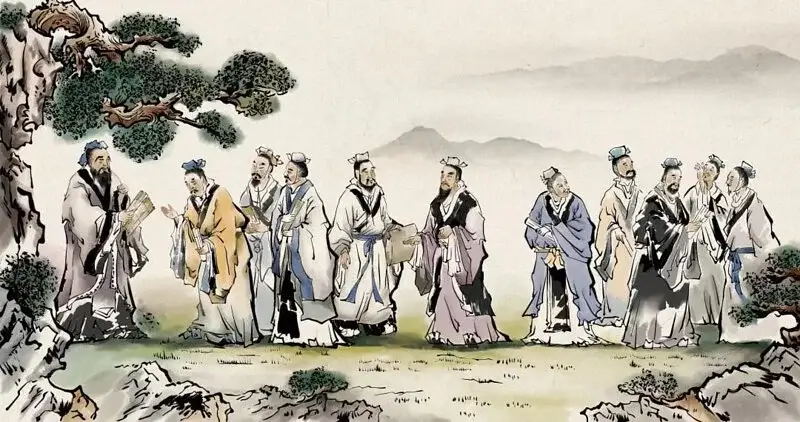
Confucianism in Business
- A compassionate corporate culture:
Confucius’ emphasis on benevolence can be transformed into a people-oriented business philosophy in enterprises. Establishing a corporate culture that cares about employees and values interpersonal relationships can help improve employee job satisfaction, reduce employee turnover, and also shape a positive and uplifting team atmosphere.
- Emphasize ethics and corporate responsibility:
His moral concepts can be reflected in business as corporate social responsibility and business ethics. By following ethical standards, companies can establish a good reputation, gain consumer trust, and enhance their sustainable development capabilities.
- Emphasize etiquette and professional ethics:
His emphasis on etiquette can be translated into professional ethics and business etiquette in the business environment. Respecting customers and partners, following business norms, all contribute to establishing good business relationships.
- Pursuing Excellent Leadership:
His pursuit of the standard of a gentleman can be reflected in business leadership. The moral character and cultivation of a leader are crucial for the development of the entire team and the success of the enterprise.
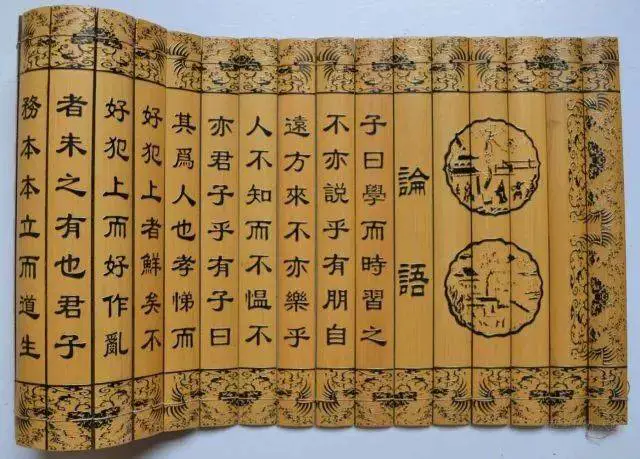
Confucianism for The Modern World
- Inheritance in the education system:
Confucianism has had a profound impact on the Chinese education system. Even in modern times, Confucian values still hold an important position in education. The tradition of emphasizing learning, cultivation, and morality remains an important goal in cultivating the new generation.
- Shaping of social values:
Confucianism has influenced the values of Chinese society, emphasizing traditional values such as family, filial piety, and benevolence. This influence still plays an important role in society, shaping people’s behavioral norms and social ethics.
- Political system and governance philosophy:
The influence of Confucianism can be found in China’s political system and governance philosophy. Confucianism emphasizes loyalty and responsibility between monarchs and subjects, which to some extent affects China’s political tradition and leadership model.
- Cultural soft power in international communication:
Confucian culture, as a part of traditional Chinese culture, plays a role of cultural soft power in international exchanges. The popularization of Confucianism has enabled the outside world to better understand Chinese culture and promoted cultural exchange.
Overall, Confucius’ ideas had a profound impact on ancient Chinese society, and this influence still exists in modern times. Confucianism emphasizes core values such as interpersonal relationships, etiquette, and benevolence, laying the foundation for Chinese cultural traditions. These values still have practical applications and far-reaching significance in areas such as business, education, and social governance.
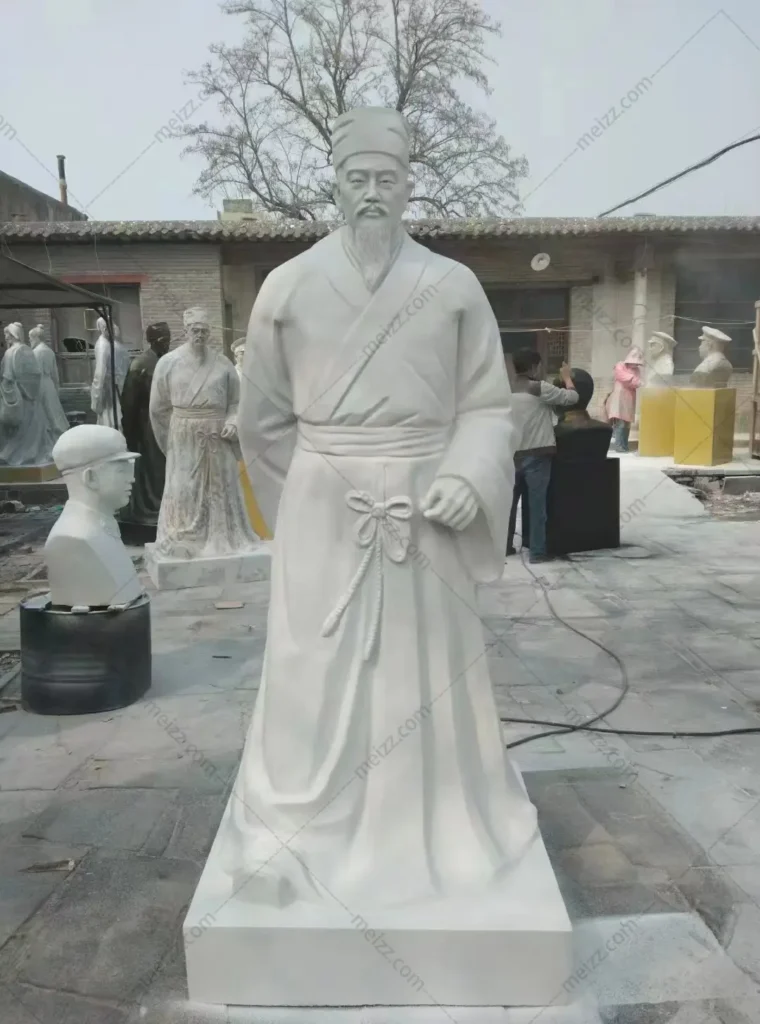
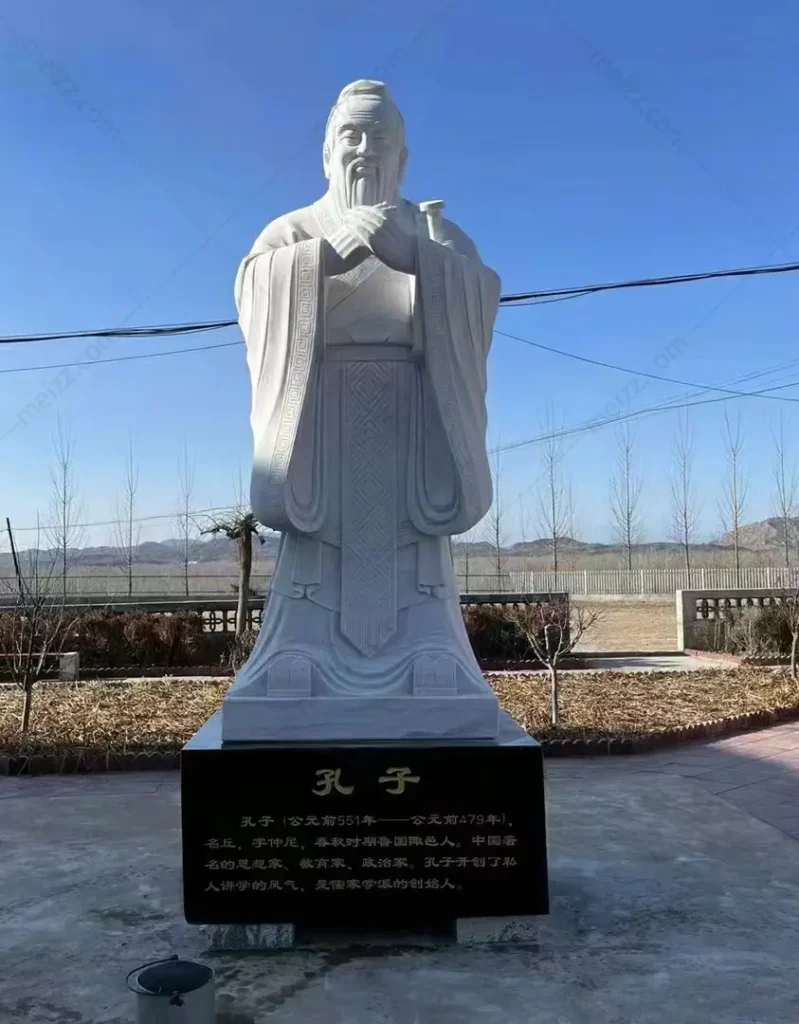
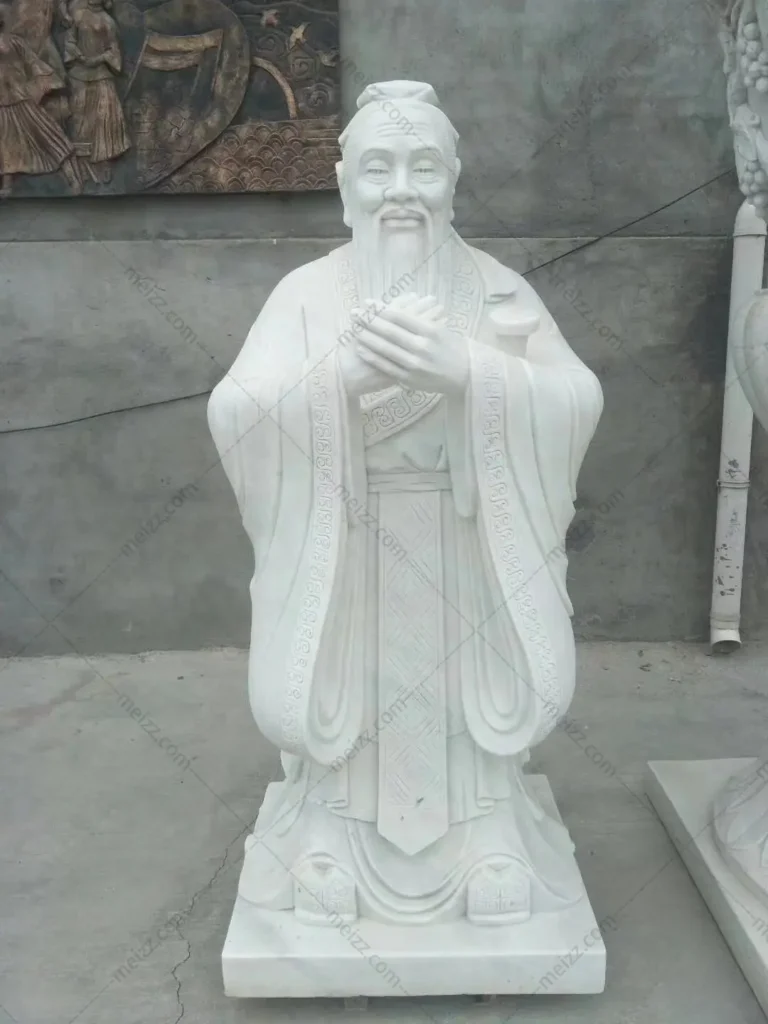
Commemorate Confucius
People commemorate Confucius through various means, expressing respect for him and reverence for Confucianism. Here are some common ways to commemorate him:
Sacrificial activities: Confucius sacrificial activities are one of the traditional ways in China to commemorate him. Every year, the 28th day of the ninth lunar month is designated as the birthday of Confucius (born on the 27th day of the ninth lunar month). People will go to Confucius temples or tombs to perform sacrificial ceremonies and express their respect.
Visit Confucius Temple and Tomb: Confucius Temple is a place built to commemorate Confucius, usually including sacrificial hall, research room, memorial archway and other buildings. People visit these places to learn about his life and Confucianism.
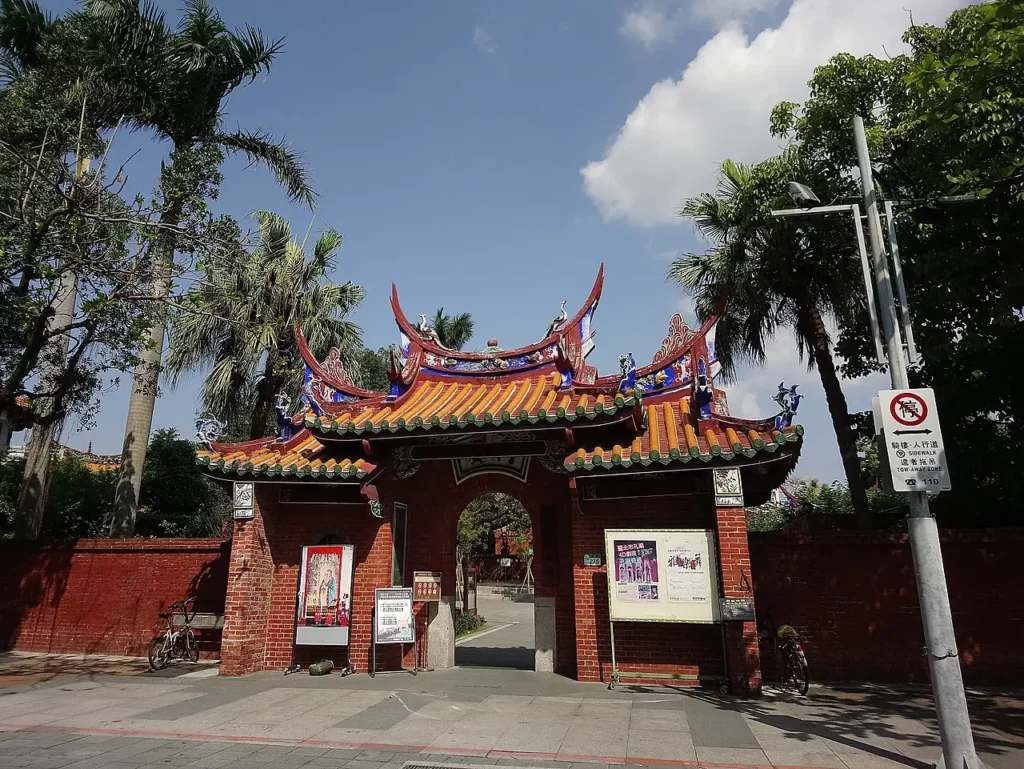
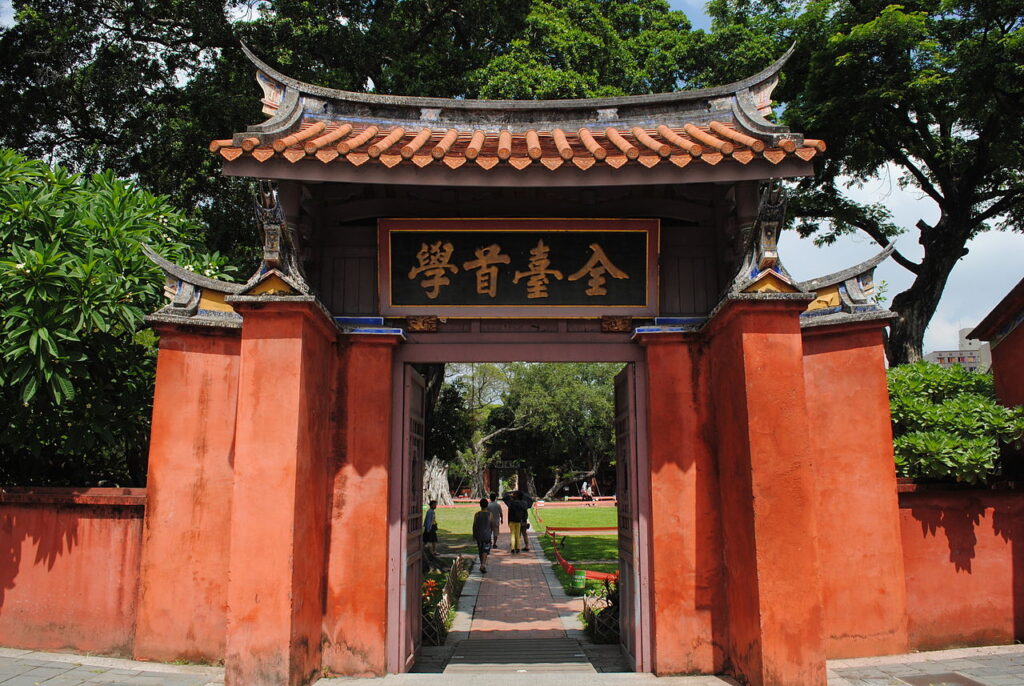
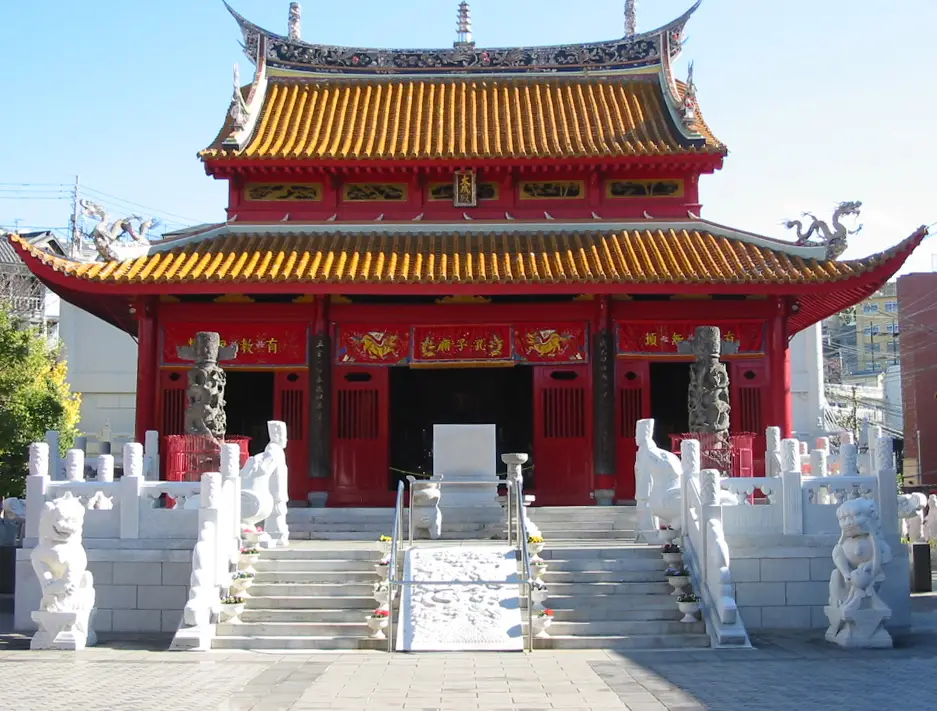
Holding academic seminars and lectures: On Confucius’ birthday or other commemorative events, scholars and researchers may hold academic seminars, lectures, and other activities to explore Confucius’ ideas and their contemporary significance.
Learning Confucian Classics: Confucian classics such as the Analects are considered an important component of Chinese culture. By studying these classics, people can gain a deeper understanding of Confucius’ thoughts and pass them on to future generations.
Publication of commemorative publications and books: On the birthday of Confucius or other important commemorative occasions, the academic, cultural, or government may publish commemorative publications and books introducing Confucius’ life, thoughts, and influence to promote understanding of him.
Establishing Sculptures and Monuments: Confucius sculptures and monuments are often erected in public places, schools, or around Confucius temples to permanently commemorate his great achievements.
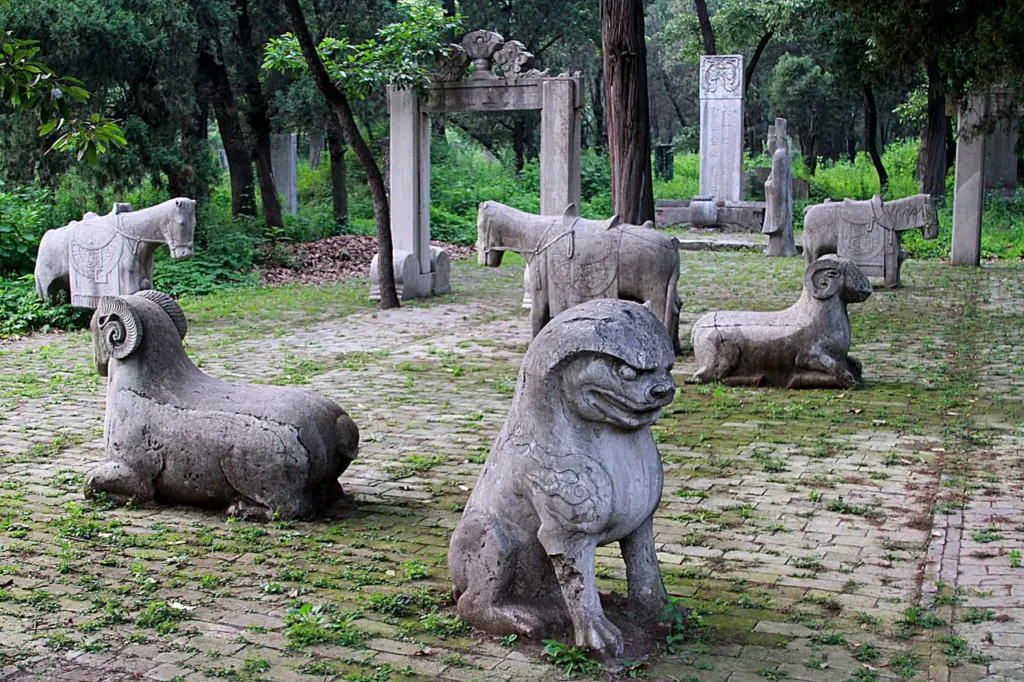
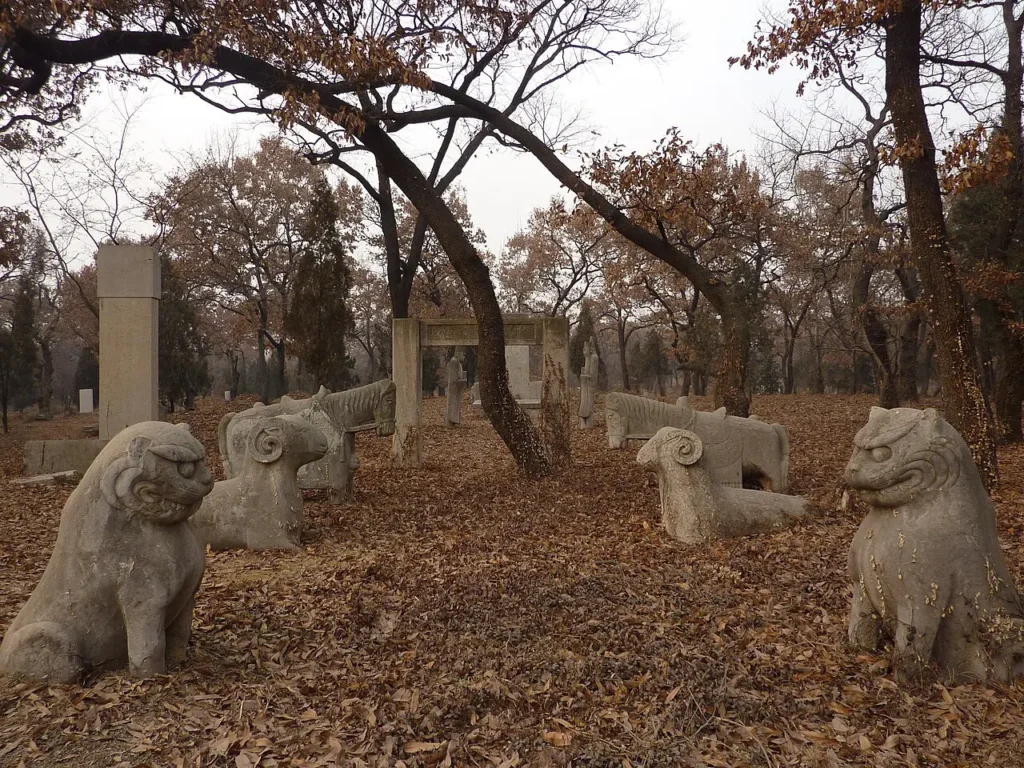
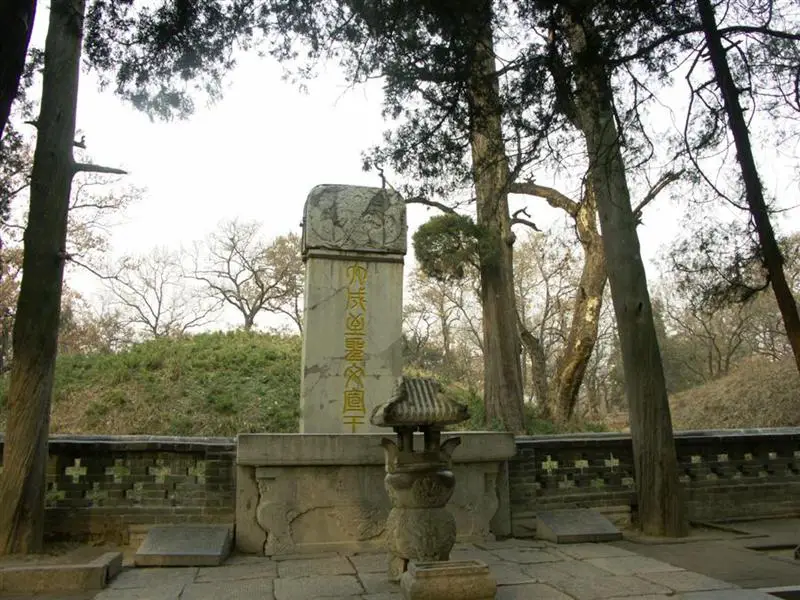
Meizz Sculpture Company
Meizz Sculpture Company is committed to providing customers with customized Confucius sculptures, monuments, and ornaments services. We have rich experience in sculpture production and are able to carefully produce sculptures that meet your expectations by selecting diverse materials and sizes according to the unique needs of our customers. We focus on artistic design innovation to ensure that sculptures showcase outstanding quality through the combination of traditional and modern elements. Whether you need to showcase this unique cultural symbol in public or private spaces, Meizz will be dedicated to creating exquisite and meaningful Confucius sculpture artworks for you.
The project cases of Confucius sculptures for your reference:
